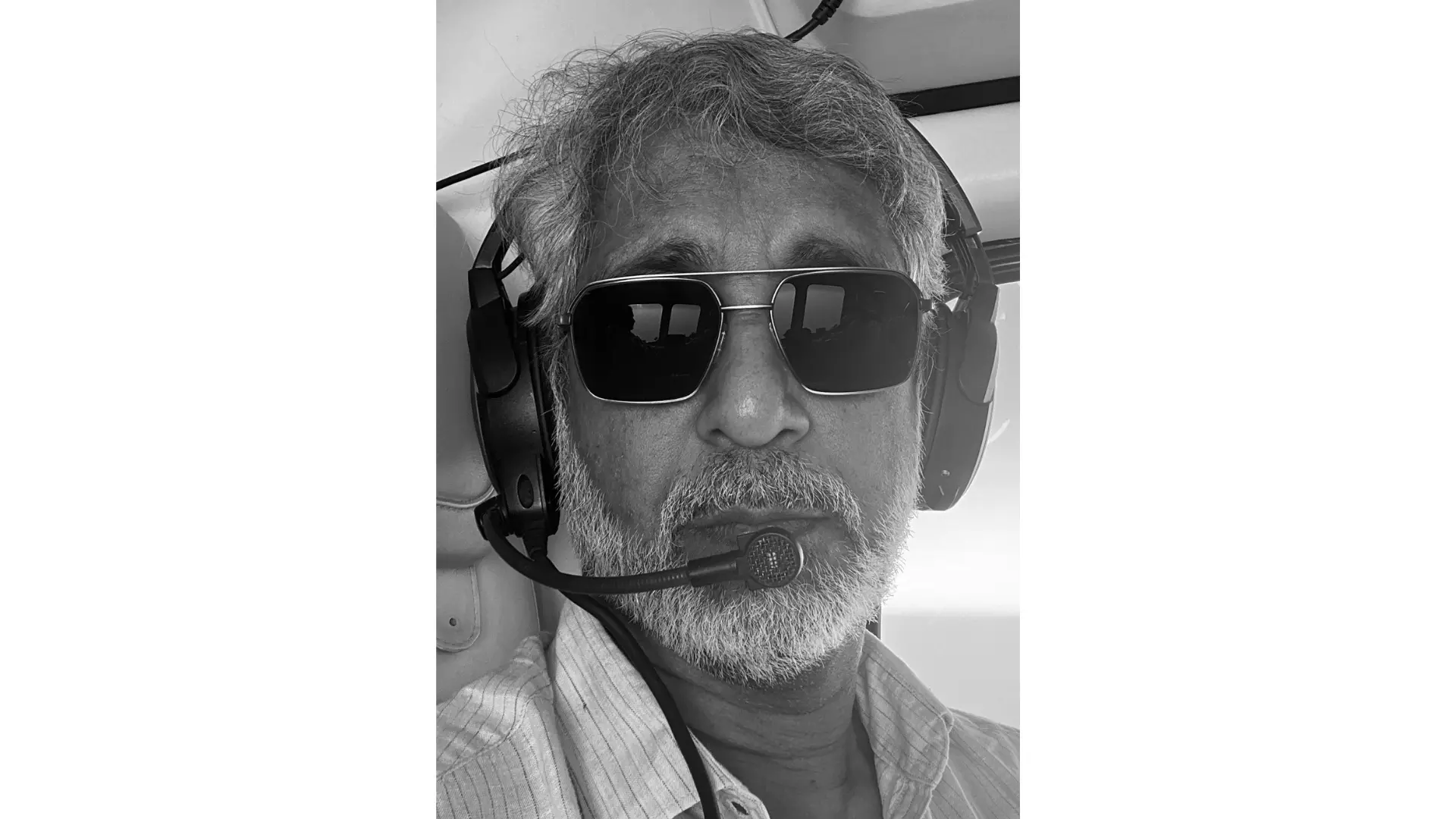What it is like to be inside a Covid-19 ICU ward as a doctor
The staff in attendance is practising a new regimen of long shifts on slim meals and controlled fluid intake

HYDERABAD: The air inside is cool, but thick with Coronavirus. Among the 13 patients in a Covid-19 ICU, some are on ventilators as their bodies wracked by the virus try and fight back the disease.
The sight is pathetic. The tube inside the throat adds to their cough. Each time a patient coughs, countless virus particles are spewed into the air.
Inside the blue full body protection kits, doctors, nurses and other support staff go about their tasks methodically. At stake are the lives of infected patients who, along with their families, have placed their faith in god the almighty and the hospital staff.
The staff in attendance is practising a new regimen of long shifts on slim meals and controlled fluid intake. “If anyone wants to take a break, they will take off the PPE kits and spend 20 minutes in the restroom and spend another 20 minutes putting on a fresh kit. In the meanwhile, we need to find a replacement for that person for a similar duration,” explained Dr K. Subba Reddy, chief intensivist at Apollo Hospital.
Last year, when patients began streaming into the ICU at Apollo in Jubilee Hills, there was fear and apprehension among the staff. Everyone was worried and scared. It was Annapurna, a senior housekeeping staffer, who gave the medics the confidence to carry on.
“I had attended to the requirements of TB, AIDS and Chicken Pox patients. We overcame those situations with courage and we can overcome this too,” she had told them. “That gave us a lot of motivation and strength. Then there was one of our nurses Pyun Su Klin, who lost her sister and brother in the first wave. Yet, she said she will not take a break or go home, but continued to work, saying there were so many pat-ients around to be taken care of,” Dr Subba Reddy recalled. While the stress of working to save lives every minute is itself a challenging experience, so is it that an ICU staffer cannot mingle with own family as a matter of precaution.
The air in a Covid-19 ICU is thick with the virus. Intubated patients are coughing, generating aerosols carrying the virus particles.
Subba Reddy, over the past one year, has only been seeing his 11-year-old daughter from a distance, in a different apartment where she lives with her grandparents. Going nearer meant a risk to the child.
Coming off a prolonged 72-hour shift, Dr K. Swarna Deepak, also of Apollo, told Deccan Chronicle on Sunday: “Sometimes you just cannot take a break. Over the last couple of days, we opened more ICUs for Covid patients.”
And if a hospital runs out of ventilators, the doctors and nurses would resort to sheer physical stamina, drawing every ounce of strength they have to keep a patient alive.
Using a bag ventilator, they keep pumping, squeezing the bag to push oxygen into a patient’s lungs. “And when one arm gets tired, you just switch arms and continue. As long as it takes,” Dr Deepak said.
Elsewhere, at KIMS hospital, Dr Sambit Sahu, a critical and intensive care specialist, talks wistfully of what the scene was just a few weeks ago. “We barely had three patients in the Covid19 ICU. Then it hit us like a storm. All of a sudden, it was 50 patients; and by the time we realised what was happening, we had a 100 of them in these ICUs,” he said.
Unlike last year, Covid19 was a novel disease and what everyone heard about it came from other parts of the world. The second wave is different. There was a sense of mental fatigue, of coming out of a stressful year. “We just got out of a traumatic year. And the feeling as the patients began pouring in was Oh God! Not Again!,” Dr Sahu said.
As the virus keeps flying around in the ICUs, the doctors have just one prayer on their lips; that they be able to save the life of every patient and that people at large followed the safety measures and helped medical professionals by keeping the case loads low.
“If that does not happen soon, we are in for a disaster,” said Dr Subba Reddy.

